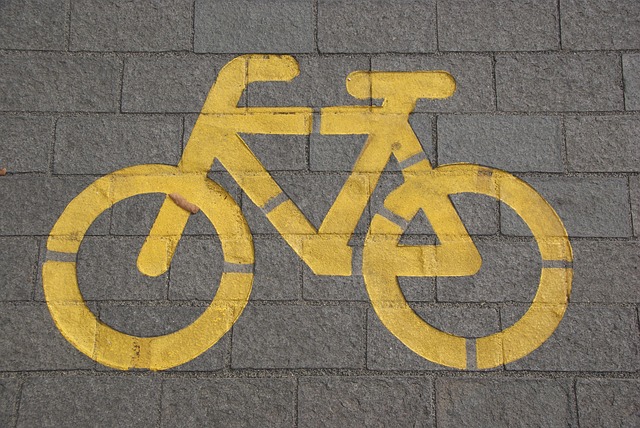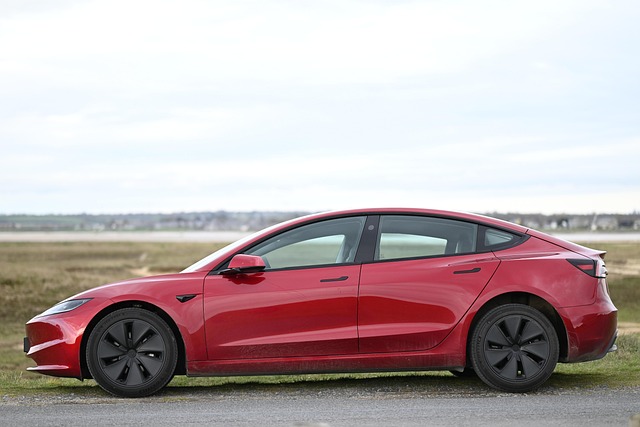Pedaling Toward a Greener Future: Bicycle Solutions for Sustainable Transport and Rural Development
As we continue to grapple with the pressing challenges of climate change and urban congestion, the movement towards green transportation options has never been more urgent. Among these innovative solutions, bicycles stand out not just for their environmental benefits but also for their potential to drive rural development.
Transport Sustainability
Bicycling is inherently sustainable. It reduces fossil fuel consumption, decreases air pollution, and lowers greenhouse gas emissions. In a world where our cities are becoming increasingly choked with traffic, adopting bicycles as a primary mode of transport can significantly alleviate congestion issues. Imagine a cityscape where the air is cleaner, noise levels are lower, and communities are more connected. By prioritizing bicycles in our transport infrastructure, we can pave the way to a healthier planet.
Additionally, investing in bicycle-friendly infrastructure—such as dedicated bike lanes and secure parking—encourages more individuals to choose cycling over driving. This shift not only reinforces sustainable transportation practices but also fosters a greater community spirit, as neighborhoods become safer and more pedestrian-friendly. As more bicycles take to the streets, the hope is not just for reduced carbon footprints but for a complete reimagining of how we view transportation and its role in our lives.
Rural Development
Bicycles also hold significant promise for rural development. In many rural areas, access to transportation can be a challenge. Bicycles provide an affordable and efficient means for residents to move around, whether for work, school, or accessing essential services. By promoting cycling in these regions, we unlock a gateway for economic opportunity and social mobility. Instead of relying solely on motor vehicles, communities can harness the simplicity and accessibility of bicycles to connect with local markets, educational institutions, and healthcare facilities.
Moreover, the promotion of cycling within rural communities can stimulate local economies. By creating bike rental services or organizing cycling tours, local entrepreneurs can generate income while attracting eco-conscious tourists. Implementing bicycle trails or cycling events not only enhances community engagement but also captivates the interest of visitors who value sustainable travel experiences.
Embracing bicycles as a viable mode of transport resonates deeply with the ethos of a greener future. Every pedal stroke pushes us closer to a sustainable tomorrow, and every bike ride nurtures not only personal well-being but also the vitality of our communities. Let us break free from the confines of conventional transportation and embrace the freedom of the open road—one bicycle at a time.




